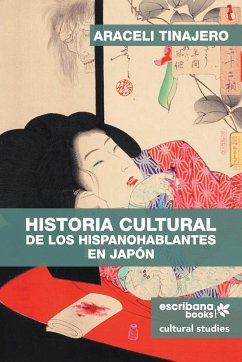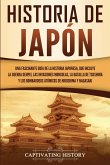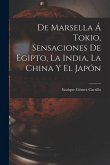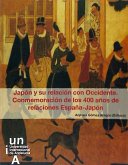Beginning in 1990 thousands of Spanish speakers emigrated to Japan. Historia cultural de los hispanohablantes en Japón [A Cultural History of the Spanish Speaking People in Japan] focuses on the intellectuals, literature, festivals, cultural associations, music, radio, newspapers, magazines, libraries and blogs produced in Spanish, in Japan, by Spaniards and Latin Americans who have lived in that country during the last three decades. Based on intense research in archives throughout that Asian nation, as well as field work including several interviews, Japanese speaking Mexican scholar Araceli Tinajero recovers a transnational, contemporary cultural history that is not only important for today but for future generations. A partir de 1990 miles de hispanohablantes emigraron a Japón. Historia cultural de los hispanohablantes en Japón se enfoca en los intelectuales, la literatura, los festivales, las asociaciones culturales, la música, la radio, los periódicos, las revistas, las bibliotecas y los blogs producidos en español en Japón por españoles y latinoamericanos que han vivido en ese país en las últimas tres décadas. A través de una intensa investigación en archivos de todo el país asiático, así como de trabajo de campo incluyendo varias entrevistas, la mexicana Araceli Tinajero, hablante de japonés, rescata una historia cultural trasnacional y contemporánea no sólo importante para el presente sino para futuras generaciones. ¿








